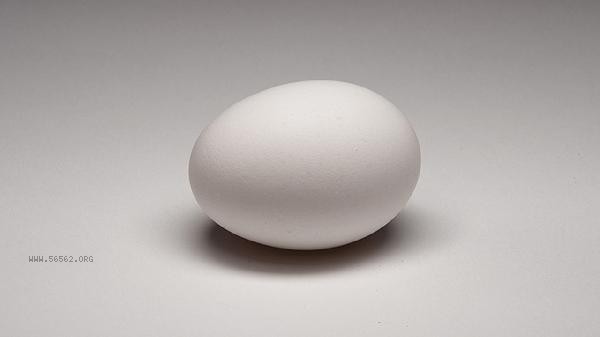Shelled eggs can be refrigerated for 1-2 days or soaked in cold water to extend their shelf life. The main storage methods include sealed refrigeration, cold water soaking, vacuum packaging, vinegar soaking, and frozen storage.

1. Sealed refrigeration
Place the peeled eggs in a sealed container or fresh-keeping bag, and keep the refrigeration temperature below 4 degrees Celsius. Sealing can isolate air and bacteria, and slow down protein oxidation. After refrigeration, the surface of eggs may dry out, but it does not affect their safety for consumption. Suggest placing a layer of kitchen paper inside the container to absorb moisture.
2. Soak in cold water
Fully immerse the peeled egg in cold boiled water, ensuring that the amount of water completely covers the egg. Add a small amount of salt to the water to inhibit bacterial growth, and change the water daily. This method can keep eggs moist and suitable for short-term storage. Please note that the container should be covered to prevent contamination, and the water temperature should not exceed 10 degrees Celsius.
3. Vacuum packaging
uses a food vacuum machine to remove the air inside the packaging, and the vacuum environment can effectively prevent the growth of microorganisms. Vacuum packaged peeled eggs can be stored for 3-4 days in refrigeration, but may slightly alter their taste. Ensure that the packaging is completely sealed during operation to avoid secondary contamination.

4. Soaking in vinegar water
Mixing white vinegar and water in a ratio of 1:3 can inhibit bacterial growth when soaking peeled eggs. Vinegar can form a weakly acidic environment, delaying spoilage while increasing flavor. The soaking time should not exceed 24 hours, and after removal, the surface should be rinsed to remove the sour taste. This method is suitable for ready to eat or as a salad dressing.
5. Cryopreservation
Shell peeled eggs can be frozen whole or in pieces, but the texture will become loose after thawing. Before freezing, it is recommended to put the eggs in an ice tray and add water to make ice cubes, or chop them and pack them separately. Frozen storage can last up to one month and is suitable for baking or cooking. After thawing, it should be thoroughly heated and not consumed directly.

When storing peeled eggs, attention should be paid to the cleanliness and hygiene of the container to avoid cross contamination. Before consuming refrigerated eggs again, they should be checked for any odor or mucus. If long-term storage is required, it is recommended to shell boiled eggs instead of raw eggs. Eggs are rich in high-quality protein and lecithin, and proper storage can maximize the retention of nutrients. Eggs that are not eaten temporarily after shelling can be made into soft boiled eggs, Soy egg, etc. and then preserved daily, which can not only extend the shelf life but also enrich the taste. Special groups such as pregnant women and infants are recommended to consume fresh boiled eggs.








Comments (0)
Leave a Comment
No comments yet
Be the first to share your thoughts!